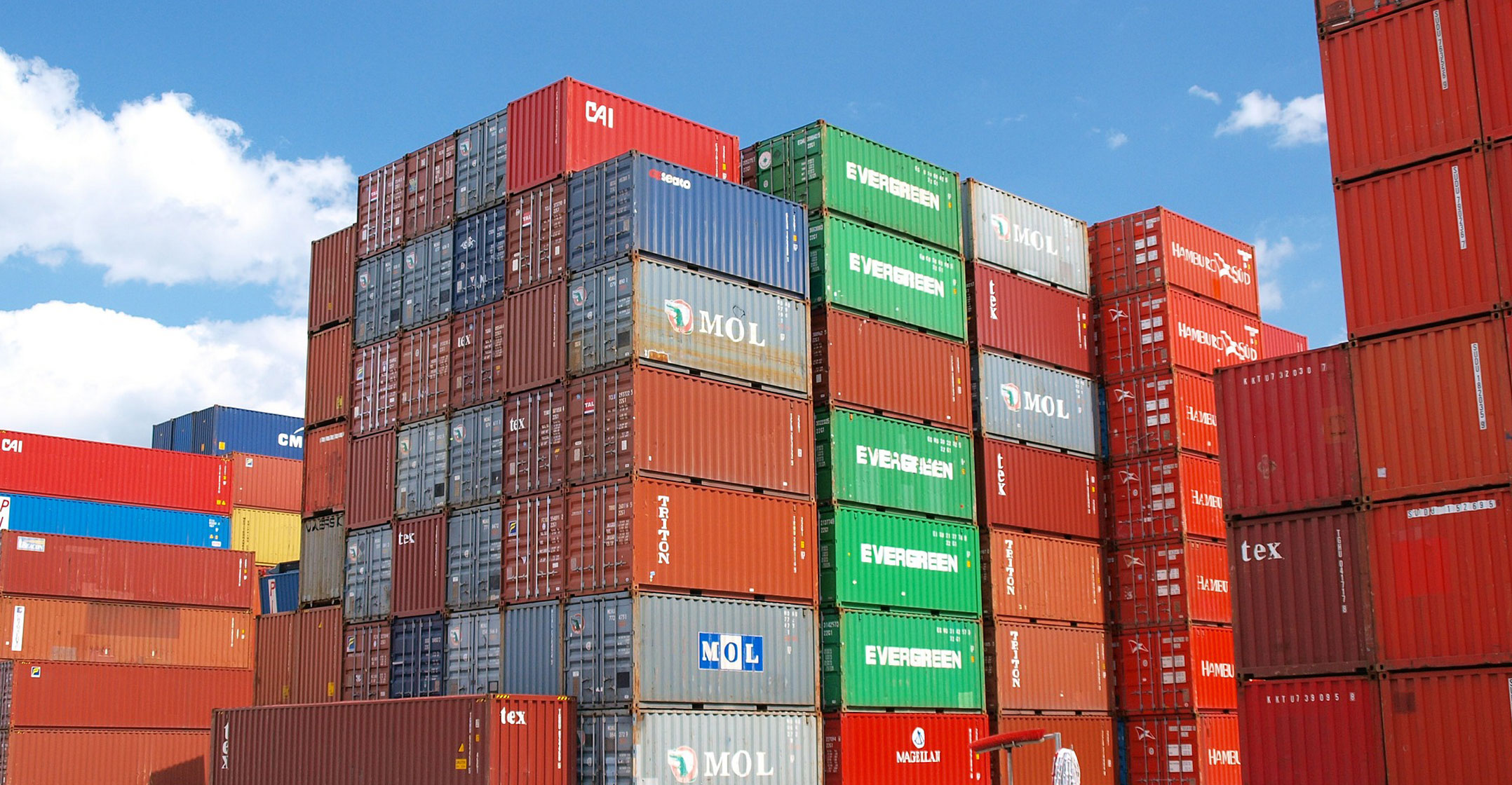 In the book The Witchdoctors, authors John Micklethwaite and Adrian Wooldridge outline the swathe of destruction carved through corporate America by high-priced consultants under the guise of “change management”, “leadership training”, “total quality management” and a dozen or more catchy marketing gimmicks to convince you that your management is suboptimal.
In the book The Witchdoctors, authors John Micklethwaite and Adrian Wooldridge outline the swathe of destruction carved through corporate America by high-priced consultants under the guise of “change management”, “leadership training”, “total quality management” and a dozen or more catchy marketing gimmicks to convince you that your management is suboptimal.
Anyone who had read this book, now more than 20 years old, shouldn’t have been surprised to learn that consultancy Bain formed such an integral part of the state capture project. The first instalment of the so-called Zondo report recommends that all of Bain’s public sector work in South Africa be investigated.
Bain repaid R164-million plus interest for money it earned from the South African Revenue Service (Sars) after an investigation chaired by retired judge Robert Nugent detailed the extent to which the once exalted tax agency was hobbled by incompetence and corruption.
It wasn’t just Bain.
McKinsey, KPMG and others were at it, too, convincing a whole generation of executives hired to run state-owned enterprises (SOEs) that they were way behind the curve of international best practices.
Cadre deployment became official ANC policy, opening the door to party apparatchiks, often with no proven managerial skills, to run massive and complex enterprises. They were ripe for the picking.
Dudu Myeni was put in to run South African Airways, which she did – into bankruptcy. Tom Moyane did his best to turn one state-run organisation that was truly world class into an empty husk.
Read: How Neotel buckled to Gupta corruption
Daniel Mantsha, an attorney struck of the roll for misconduct for “something to do with trust monies” and then readmitted, was deemed competent enough to chair Denel. Former public enterprises ministers Lynne Brown and Malusi Gigaba were on hand to enable the state capture project.
In 2011, Transnet embarked on the so-called Market Demand Strategy (MDS), helmed by CEO Brian Molefe and CFO Anoj Singh. As soon as you signal an aggressive change strategy such as this, the Guptas cannot be far behind. And that turned out to be the case.
It was the same at Denel where VR Laser was the vehicle for the capture of a state-owned arms producer making decent profits in 2015 and winning clean audits form the auditor-general. To capture Denel, those executives refusing bribes and standing in the way of the Guptas – who merrily clothed themselves in black empowerment colours to nudge out better qualified competition – had to be removed.
Corrupt actors
State capture at Transnet involved a systematic scheme of securing illicit and corrupt influence or control over the decision making, says the latest Zondo report.
“Corrupt actors sought to gain control over staff appointments and governance bodies to influence large procurements and capital expenditure by changing procurement mechanisms, such as the use of confinements rather than open tenders, the altering of bid criteria to favour corrupt suppliers, and the payment of inflated costs and advanced payments.
“Corrupt procurement practices were sustained by bringing approval authority for high-value tenders under centralised control the internal controls designed to prevent corruption.”
This was the playbook for capturing the entire public sector procurement budget.
People at Transnet who knew and cared about the company were marginalised, with greater reliance being placed on consultants like McKinsey, Regiments and Trillian.

When the consultants come marching through the door, you know what happens next: the cash spigots are thrown open and drained for consulting fees, decades of organisational know-how is thrown out the window and dodgy contractors are let in the door.
It happened at Transnet, SAA, Sars, Denel and scores of other SOEs. The consultants became the gatekeepers and controllers of billions of rand in spending – something treasury was concerned about, but was frequently overridden by cadres with protection from the highest office in the land.
When former President Jacob Zuma had your back, who were you going to fear?
There’s nothing wrong with benchmarking performance and seeking out ways to improve performance. Companies that don’t do this get eaten alive.
The problem comes when neatly coiffed consultants in fine suits with MBAs from impressive universities, but who’ve never actually run a business, convince you that your business methods are ancient and unworkable. There are all kinds of invisible threats out there, and in a few years you won’t exist unless you swallow their magic pills.
Transnet contracts to the value of R41.2-billion were irregularly awarded for the benefit of entities linked to the Gupta family
Your competitors are embracing some new buzzword to do with change, improvement or excellence, and are turning their businesses upside down because they want that extra percentage point or two lift in profits. Business books are flying off the shelves, marketing some new fad that is just another business grift.
All this is extensively coded in the latest Zondo report, which explores what went wrong at Transnet and Denel.
In raw financial terms, Transnet was the primary target for state capture. Paul Holden of Shadow World Investigations submitted a dossier to the Zondo commission estimating that Transnet contracts to the value of R41.2-billion were irregularly awarded for the benefit of entities linked to the Gupta family or their local point man, Salim Essa.
Much of the detail of Transnet’s capture is in the public domain: the R60-billion paid for 1 259 locomotives, split over three contracts, being the principal cash cow that bankrolled so much else the Guptas were involved in. The report explains how the locomotive bidding process was corrupted by the Guptas for their eventual benefit.
Laundered
Evidence heard at the Zondo enquiry shows how McKinsey agreed to appoint Regiments as its supplier development partner, subject to Regiments agreeing to share 30% (later increased to 50%) of all income received from Transnet.
More than R1-billion was laundered through various shell companies nominated by Essa and his associate, Kuben Moodley. These were pure money laundering activities, with no legitimate business activities.
The consultants were all over the state capture enterprise.
- This article was originally published by Moneyweb and is republished by TechCentral with permission

